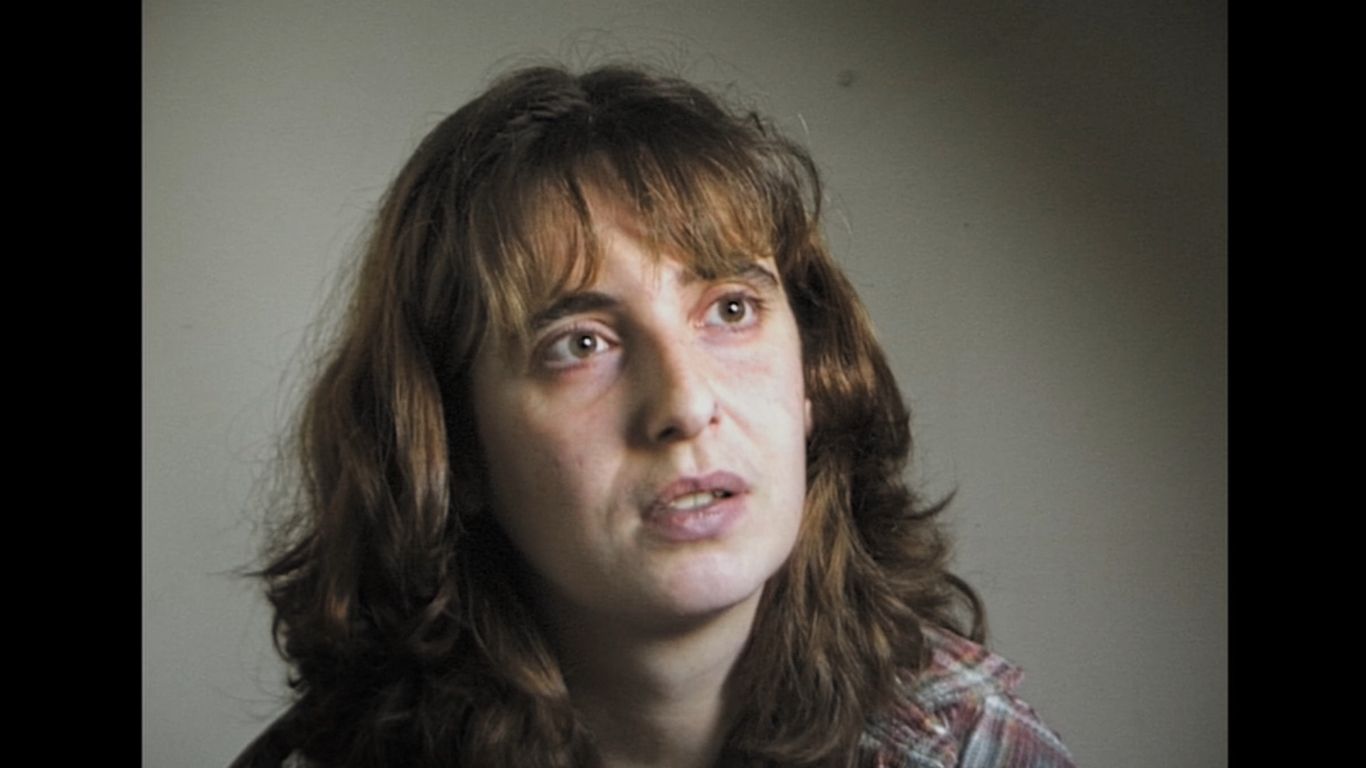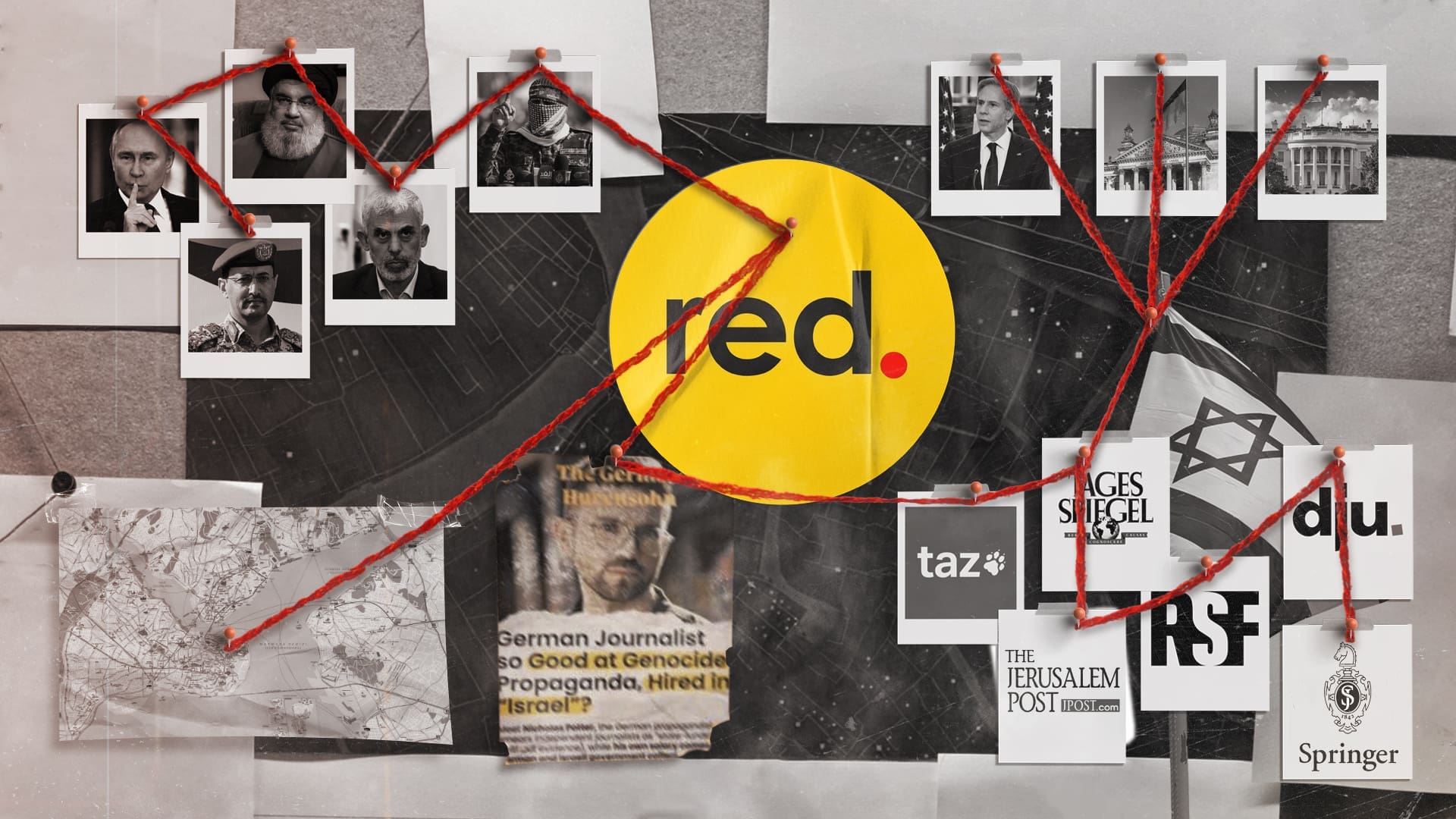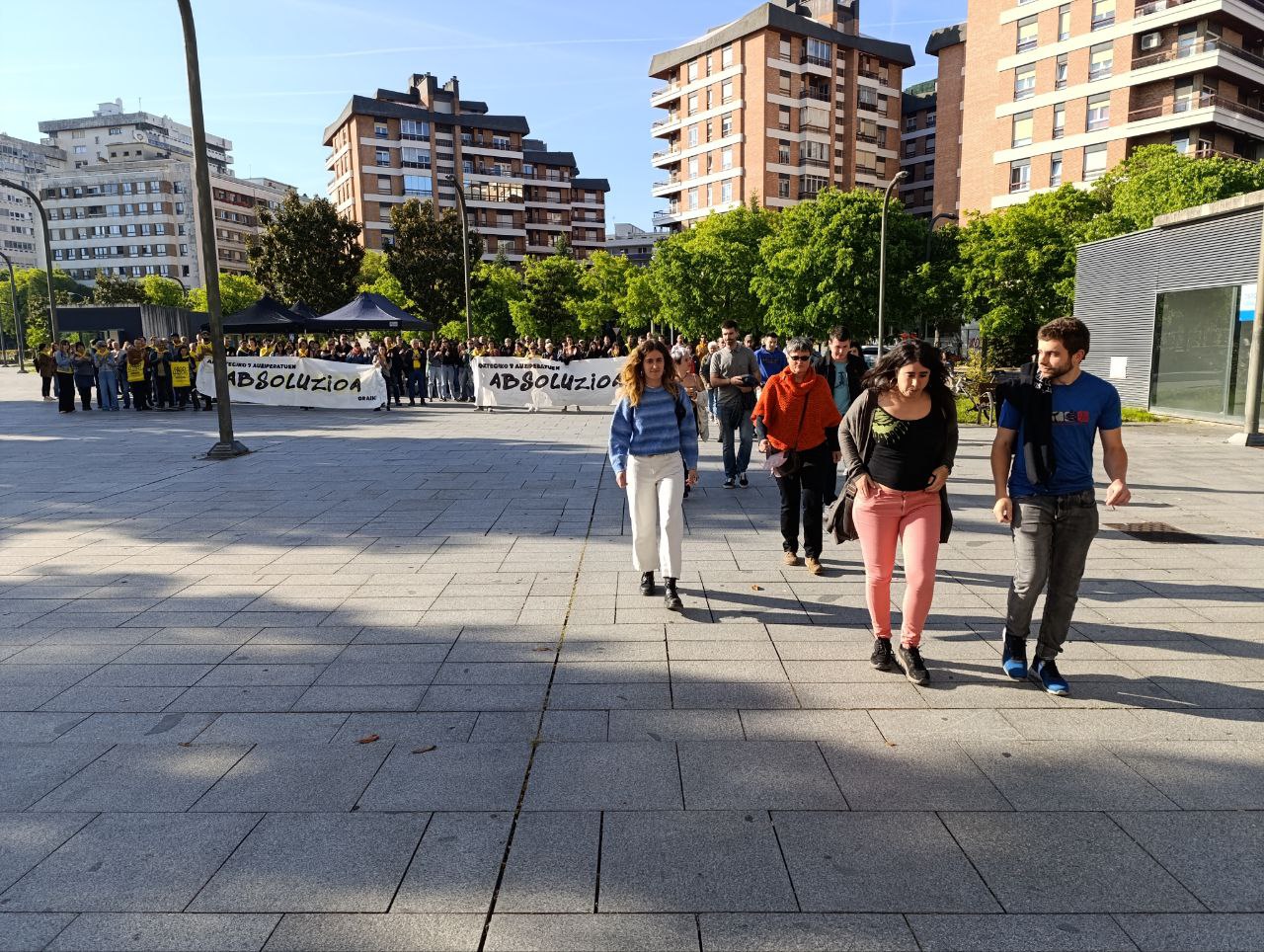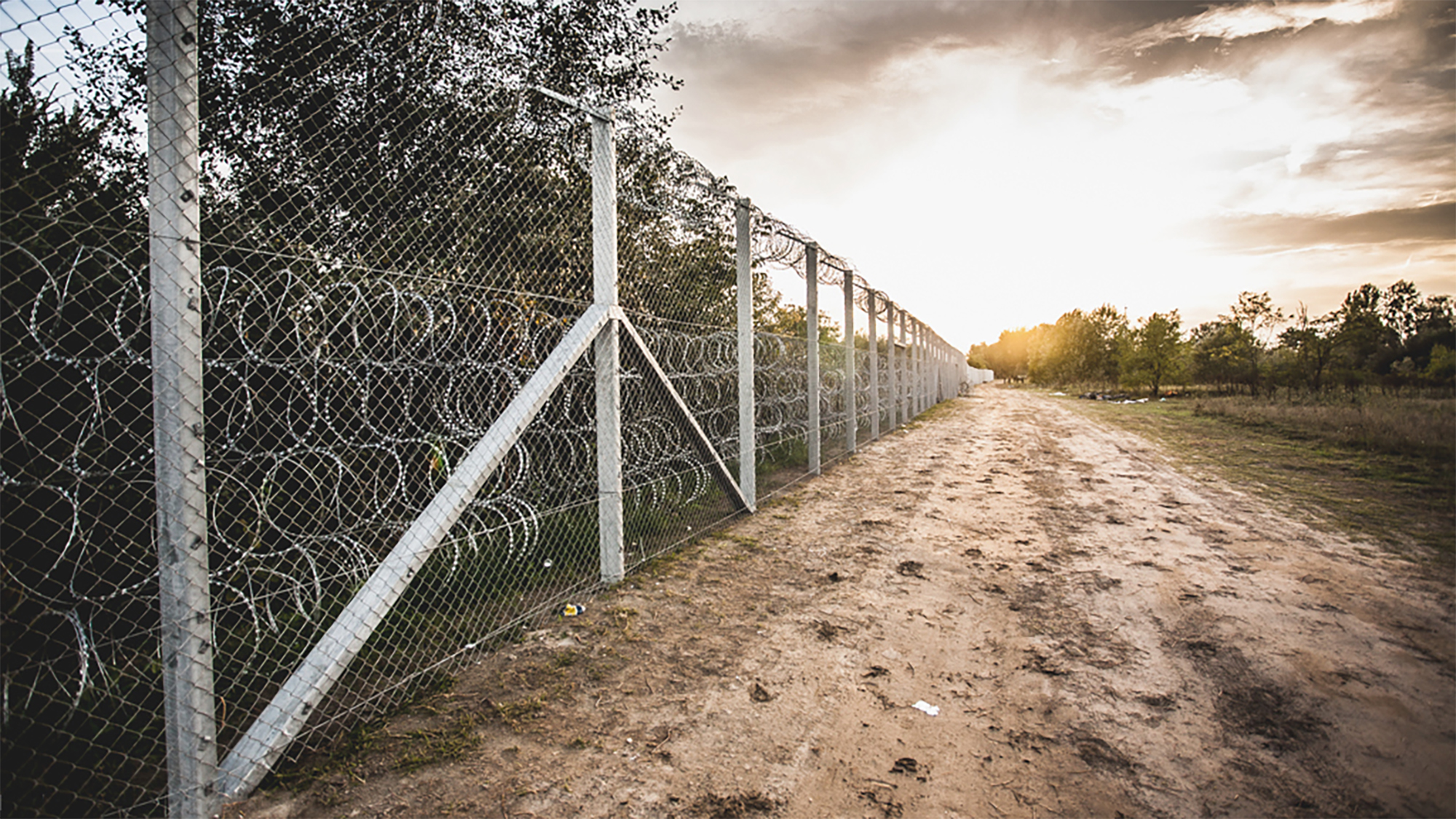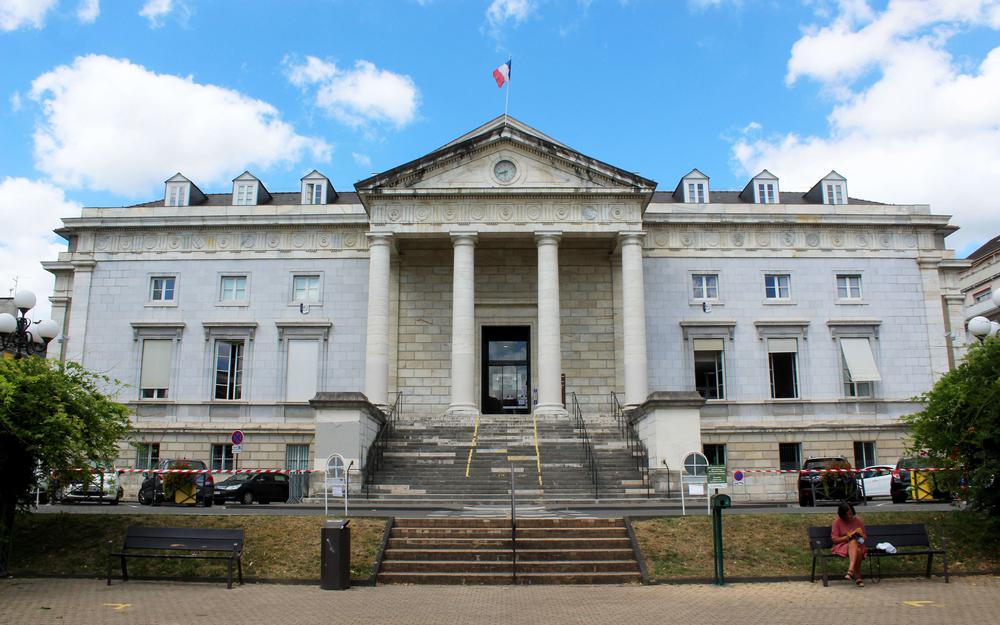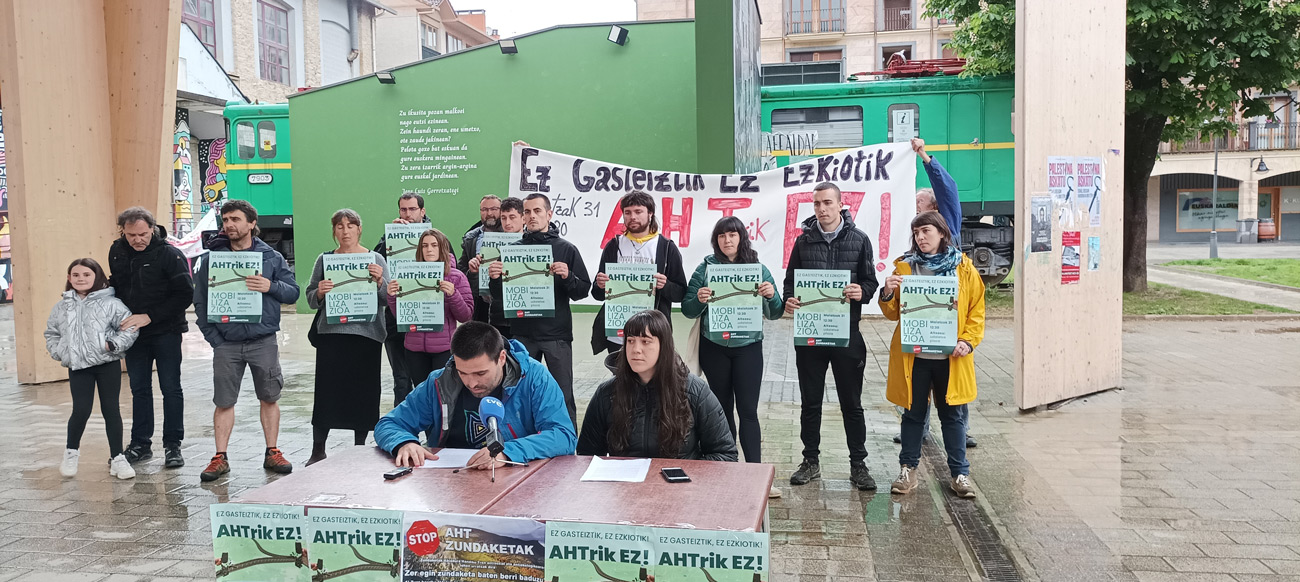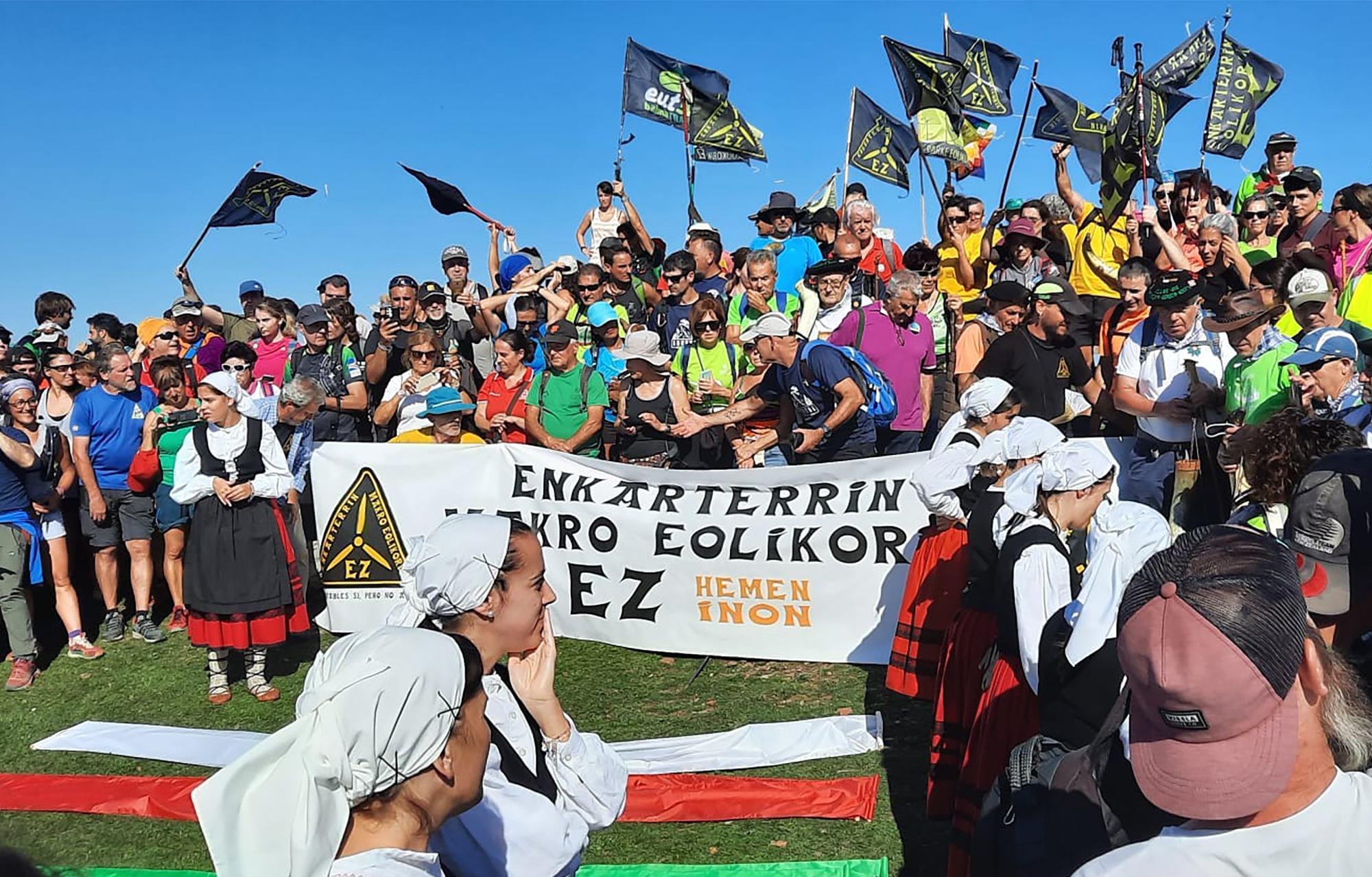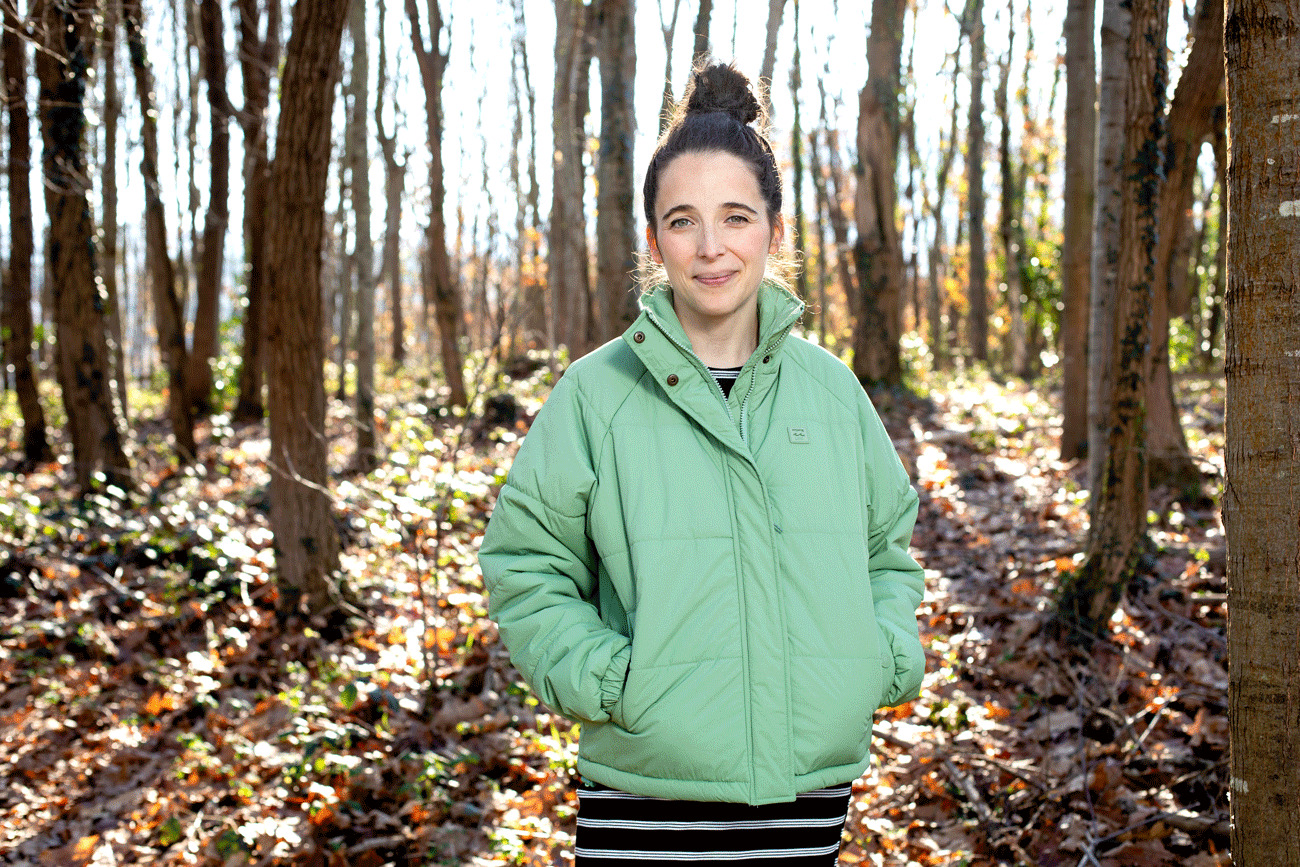“The Loyola document is useful in the medium term”
- 1948, in Guernica. He is a professor of cultural economics at the University of the Basque Country. He is one of the coordinators of the Basque Culture Plan of the Basque Government and adviser to the Department of Culture for the last six years. Some sectors have also considered Ibarretxe as President’s advisor: “That is not true. If my ideas are valid and they influence someone, great. I’m not an adviser to any government or political group,” he says. It is a member of the Partnership Initiative and the Decision Platform. We talked to him as observers and policy analysts. He was a member of ETA during the Franco regime. It was composed of Jon Juaristi and Txabi Etxebarrieta. From the trajectory of Jon Juaristi’s followers he tells us: “After working in the field of self-determination and the left, they have gone from defending the rule of law to defending only the state, forgetting the law. They have clung to the central power and opposed their home community.” This is the case of Chaburi Abdul: “Contrary to what many say, if Chaabi lived, she would have taken up the theses ETA VI.aren, at least not those of the current ETA.” Ramon Zallo worked at ETA VI.ean and LKI. He retired from political activism in 1985. For Ramón Zallo, the Spanish State is a de facto pluralist nation, but it does not guarantee the juridical and political character of the Rule of Law: “The State must base its political reality on its political actors. However, the majority of political actors in the Basque Country say that this Basque community is a political subject and wants to negotiate a new treaty with the State – bilateral with Spain – but this State has not assumed a moral and political obligation. As a result of the mediocre transition, this is its deficit. This situation of conflict requires the resolution of this political question, grounded in the right to decide.”

The Basque Government is seeking a new treaty with the State. Is it not contradictory to change the framework from the same political-legal framework promoted for 30 years?
No, I don't. There are inconveniences rather than contradictions. During the transition (1977-1980), the failure of all political actors now seeking to change the framework to adopt a common position against it has been the main obstacle. One sector of this country wanted to develop the experience of the Statute of Autonomy within the framework of the State, and another sector - I include myself in this - did not support this idea. However, after 30 years, the two sectors converge on one point: The Statute does not serve to advance the path of sovereignty. This democracy does not serve to solve the problem of peace or to adapt the economic change that has taken place in the Basque Country. First after the failure of the Treaty of Ajuria Eneko and then with the Lizarra-Garazi Agreement, there was a desire to make a second transition.
Is there a second transition?
I'd call it a sequential transition from the transition that didn't end. As long as the agreement is not concluded, this transition is a kind of suspicion.How have you seen the transition that could lead to the new framework in recent years?
The main obstacle is the weak relations between the two sectors that did not agree on the transition. The Lizarra-Garazi Agreement ended in crisis. When the new Political Statute of Autonomy of the Government was paralysed by the Spanish Courts, the Basque citizens did not respond adequately. Thirty years of conflict have caused fatigue and social fluctuations. The situation looks like the teeth of a saw. Loyola’s conversations have reflected the high and good moment of the sawtooth. This session was the last opportunity for political normalization, which could lead to the realization of the second transition. Political actors were on the verge of closing the transition and reaching an agreement in September 2006.
The nationalist left, in order to channel the dialogues of Loyola, adopted the concept of autonomy. What happened to not go any further?
The draft text of the Union that I was familiar with was worthy of guiding the conflict and provoking interesting political processes. It was said to have caused some sort of pressure, which we will never know for sure. Apparently, more was subsequently requested than originally stated in the text. The Basque Parliament and the Parliament of Navarre are said to have called for a hara-kiruna. The disappearance of the two institutions and the transformation of their legislative power into a unified body, represented by 50% of each.
Can this be confirmed?
I have read the document that contained these expressions. And that is, of course, to overturn the basis of representative sovereignty.
Do you think there is a way to overcome the blockade?
It is the two Parliaments that can take the necessary steps to give way to the transition and to implement a new framework. The model envisaged for progress in this direction was appropriate: the coordinating body. This joint body had the power to make legislative proposals, not to decide. Representative democracy continued to be based on both the Parliament of Navarre and the Basque Parliament. Of course, the Navarrese would not accept anything else to continue violating this kind of second transition. Alta, the experience was vital to overcome this political historical moment. The Nationalist Left did not see this possibility, it had little sense of the future and that is why we are in the situation in which we find ourselves.
The nationalist left often reproaches the PNV that its electoral interests are an obstacle to the negotiation or transition process.
This criticism is unfair. The efforts of the parties to position themselves in the new political dissertation transcend all electoral interests. The Lizarra-Garazi Agreement resulted in more losses to the PNV than benefits. Elections are held every four years and the process goes very far. The underlying reason is not the election or the fear of losing the government. Of course, if you lose the election while such a process is developing, the catastrophe can be huge for the evolution of the process. What is at stake in the process is much more important than what the parties lose in the elections. I think it's more fair to see it that way.
The nationalist left also accuses the PNV of taking advantage of the illegal situation.
The PSOE has made the most use of the situation of the Patriotic Left. It allowed the EHA to present itself in the previous elections, allowing it to obstruct the patriotic majority of Parliament and to be a key element for this party. Now it's the other way around. Then the wishes of the State and those of the nationalist left were adapted, whereas now that the political game is different, it does not interest him. The PSE is not interested in having a key EHAK. The state uses the situation of the patriotic left for its own benefit and against it. Addressing the illegal situation of the nationalist left is not in the hands of the PNV.
How do you see the Spanish State in the resolution of the Basque conflict, analyzing the experiences of other peoples, as seen from the Scottish process.
The decision of the Supreme Court of Canada is appropriate in our case. It reads as follows: “We don’t know if we have the right to self-determination, but we have the right to have the right of a collectivity respected and the state negotiate with us.” The same process is taking place in Scotland. They have no right to hold a referendum on self-determination, but Britain’s last prime ministers – Thatcher, Major or Blair – have said: “Who are we to say no to the Scottish Parliament if they want to question it? We won't be the obstacle. Of course, we will not campaign for secession.” In these countries they are talking about secession and the authorities are acting in this way. Secession in our country is not a game or a matter of litigation, in our country we want to consult to know if the citizens want asymmetric federalism, confederalism, consionalism or partnership. Consultation is a form of permission for this historic community to ask itself. People are asked if they want to negotiate with the state. But at this point, we will not have to ask ourselves if we have the power to decide, but if this state is democratic. The problem is the poor democratic quality of the State.
We are in a lockdown situation again.
Oh, yeah, yeah. The PSOE rejects the Loyola pre-agreements. It wants to subordinate any political negotiation to the peace process. It considers that the recognition of the right of Basque citizens to decide is a kind of compensation to ETA, a right to exchange for the end of violence. The PSOE does not want to go back to the Loyola pre-agreements, it has declared the agreement of the past unusable and that is a terrible mistake. The document is useful in the medium term. It is a good way for political actors to sit back and negotiate in a state of peace.
Will the next plenary session of the Basque Parliament unblock the political situation?
If the HKSAR says yes to the consultation, an interesting route can be opened. The National Court can stop it by appeal, but in five months the possibility of progress will be maintained. Saying yes to the Government ' s proposal was a way of expanding the closed process. If the HKSAR refuses, the blockade will be extended for at least four years. This country can no longer tolerate this situation.
Do you see Patxi Lopez as president in this situation?
It seems difficult, but not impossible. Anyway, I don't see any strong leadership from Patxi Lopez. I don’t see the PSOE as a peace or cultural or economic project for the Basque Country. The PSOE does not have the political project to carry out the change demanded by the majority of the population.
The elections will have to unblock the current situation.
At the end of the legislature, each party will present its project to build this country. A number of citizen petitions have established party projects off-site. Welfare projects will be important and discussed. The time has come to rethink the Basque Country. The discussions will have to go to the heart of the problem. This obligation will require renewed vigour on all sides.
Including the options of the Patriotic Left.
The ideal situation would be for the Nationalist Left to present itself. I attach enormous importance to these elections, which will indicate whether we will go along the path of the right to decide or whether we will enter another long cycle of unbearable violence. The Nationalist Left is Incognite. They've taken a lot of their people out of the way. We do not know how his attitude will materialize and in what direction he will go. It is not easy to see what they are going to do in the parliamentary vote. I don't see it clearly. We are not in the situation where the proposal for a New Statute of the Government was voted on.
Planaren bidez gobernantza moduko politika garatzen ari da. Hau da, kultur arloko sektoreek beraiek, plan eraginkorren bidez eta administrazioarekin eztabaidan sorrarazi dute plana. Bere egikaritza eta aurrekontuen gauzatzea akordio bidez garatu da, parte-hartze bateratuaren bidez. Hamahiru talde iraunkor lanean ari dira, bi-hilero bilduz eta plana osatuz. Esperientziak hainbat herri sektorek herriko politika kulturaleko erabakien parte hartzea ahalbidetu du, politika erradikala egitea ekarri du, alegia.
Sektore hauek oso atomizatuta zeuden eta taldeak osatu ahala mintzakideak bihurtu dira. Mintzakidetza ona da berez, eta antolatua bada are hobeagoa.
Plana gauzatu arte, EAEko kultur erakundeek ez zuten inoiz elkarrekin funtzionatu eta duela bi urte, Jaurlaritzak, hiru Foru Aldundiek, hiriburuetako udaletxeek (Donostiakoa uneon kanpo dago) eta EUDELek informazioak elkartrukatzen dituzte, bakoitzak burutuko dituen ekimen kulturalak elkarri ezagutaraziz.
Erakundeen kudeaketarako egitura politikoak berritu ditugu: Euskal Kulturaren Behatokia sortu da, Kulturaren Euskal Kontseilua, Ikus-entzunezkoen Klusterra, Etxepare Institutua, Arteen eta Industria Kulturalen Institutua abian da.
Azkenik, politika sektoriala landu ahala sektore guztietan gertatzen denaren berri ezagutu dugu. Egiturak finkatuta daude, ikaspenak egin ditugu eta orain, aurrerapauso kualitatiboa lortzeko jauzia emango da. I. Kultur Planean jaso dugun esperientziaren arabera abiatuko da II. Kultur Plana.
Sektoreren batek planaren garapenean euskararen berezko autonomia falta dela adierazi du. Zer diozu honi buruz?
Nik ez dut horrela bizi, ez dut euskara eranskin bezala ikusten kulturaren planean. Alderantziz. Euskara presente dago ekimen guztietan, zeharka bada ere. Gure logika hori izaki, euskara planen ardatzetan presente dago. Kultur sektoreen eta instituzioen bilerak euskaraz egiten dira. Euskal Kulturaren Behatokiaren kasuan, berbarako, euskaraz aritzen da, eta beste arlotan, euskaraz eta gaztelaniaz. Nagusiki euskaraz lan egiten da. Euskarak alor horietan guztietan eragiten du, jendea pozik dago euskara ez delako bere horretan geratu, euskara bitartekoa da baita ere artearen, diskogintzaren eta DVDen sektorean.
Kultura produktu izatera pasa da azken hamarkadan. Horrek ez al du kutsu gutxiesgarririk?
Ez dut uste. Mundua irauli da, baita zentzu horretan kulturarekiko ikuspegia eta jokamoldea ere. Kulturaren ekonomia oso garrantzizkoa da gaur egun. Batez ere kulturak baliabideak behar dituelako, bitartekoak eta pertsonak. Aldez aurretiko inbertsioak behar ditu eta gero bere erabiltzaileek onartua izatea, edo bestela esanda: kulturak merkatuan sarrera eta harrera izan behar du. Kulturaren alorrean inbertsioak egin behar dira ezinbestean, sektore ekonomiko garrantzizkoa bilakatu baita, are gehiago, ekonomiaren lehentasunezko sektorea da kultura. Gainera, uneon, sustrai zaharrak dituzten beste sektore batzuek baino laguntza gehiago behar du, metalurgia berak baino, esaterako.
Kulturarena etorkizuneko jarrera bereziz ekin behar diogu. Gure herria eta kultura jokoan baitaude, bereziki herri txikia garelako. Globalizazioaren aro honetan baliabide gehiago jarri behar ditugu, gauden egoera ahula konpentsatzeko.
Bi mehatxu gogor ditugu bereziki: Nazioen gaindiko ekoizpenarena (Internet eta hedabide erraldoien bidez heldu zaiguna) eta Estatu anfitrioiaren kulturak dituen estatus, pisu eta eraginaren mehatxua.
Beraz, gure komunitateak ahalegin ekonomiko handia egin behar du, eta aldi berean jendea kontzientziatzeko eta autoestimua indartzeko esfortzu berezia. Gure kultura duina dela azaldu behar dugu, bakarra munduan. Guk lantzen ez badugu beste inork ez du egingo. Herritarrak ohartarazi behar ditugu kultura bizkortzeko modu hau funtsezkoa dela gure kultura munduan zabaltzeko. Erakutsi behar dugu sortzaileak eta ekoizleak ditugula, baita eskaintzeko eta trukatzeko ahalmena ere.
Garai industrialaren ondorengo honetan, kultur produkzioa zabaltzeko industria garaian ikasi genuena erabili behar dugu, bestela gure kultura gainbeherako prozesu batean sartuko da. Nondik nora joan behar dugun argi eta garbi planifikatzeko unea heldu da. II. Euskal Kulturaren Plana zentzu honetan hasiko da lantzen aurki.
Historically, a court of the Spanish Monarchy passed the following resolution: "The officers in charge of the custody of Iratxe Sorzabal applied electrodes to force him to testify, which constitutes a flagrant violation of his fundamental human rights." In other words, after the... [+]
Berria izateari utzi dio: beroketa globalak bi graduak gaindituko ditu, eta gainditze horrek ondorio oso garestiak ditu. Klimaren gaia tabu bilakatzen ari den testuinguru berri honetan, banketxe handiek ez dute horri buruz komunikatzen, baina arazoaz ongi jabetu dira eta... [+]











